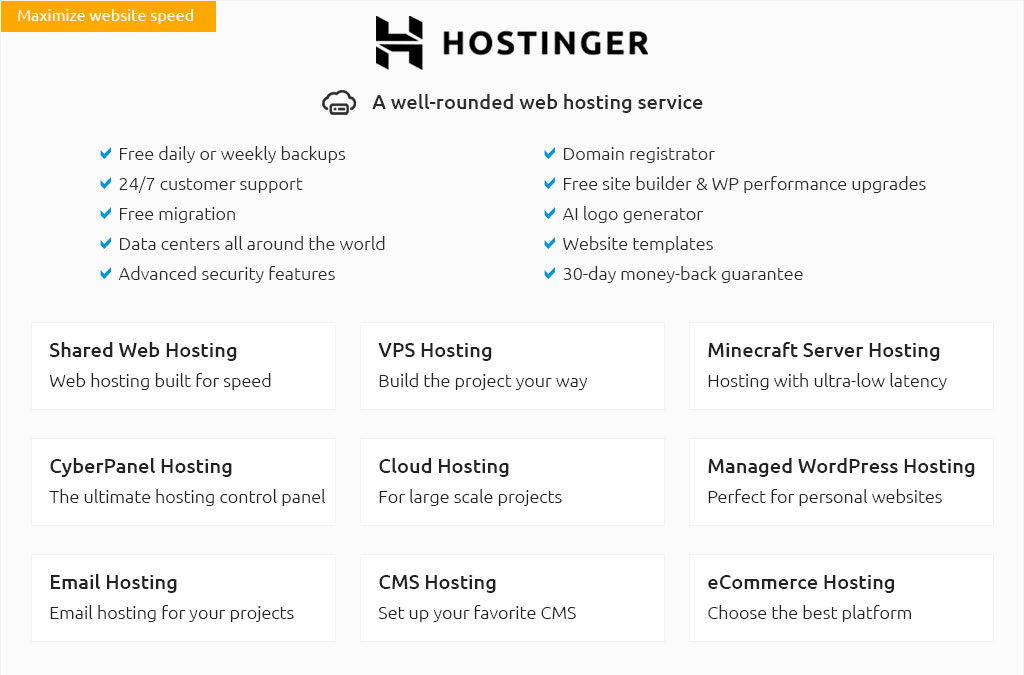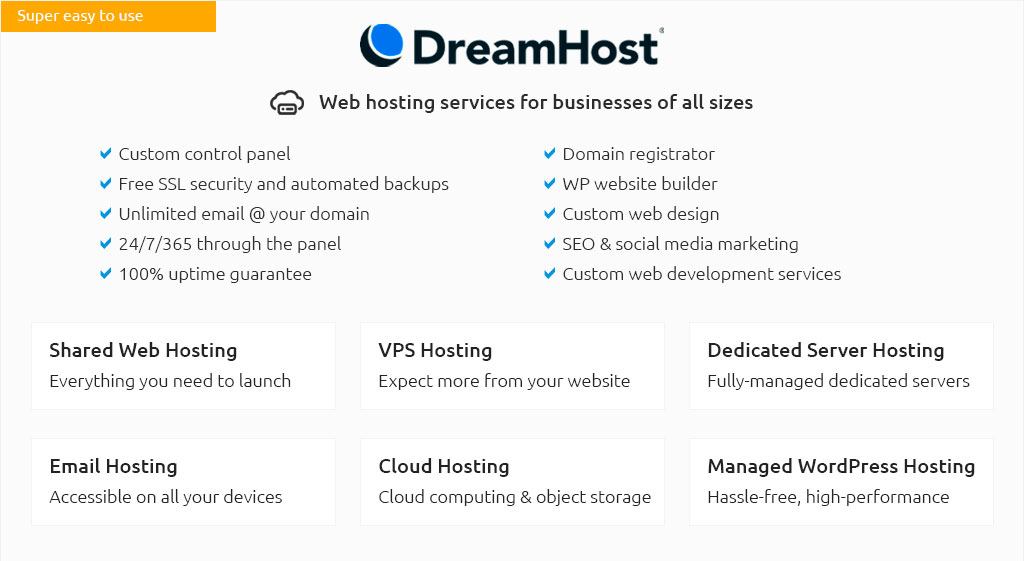 |
|||
 |
 |
 |
|
 |
|
 |
 |
 |
|||
 |
|||
 |
|||
 |
|||
 |
 |
Understanding Dedicated Server Managed Hosting: Navigating the Available OptionsIn the ever-evolving landscape of web hosting, dedicated server managed hosting stands out as a robust solution for businesses seeking reliability, control, and enhanced performance. This option is particularly appealing to enterprises with significant traffic demands or complex applications requiring dedicated resources. But what exactly does managed hosting entail, and how does it differ from its counterparts? At its core, dedicated server managed hosting provides clients with an entire server dedicated solely to their needs, as opposed to shared hosting where resources are distributed among various users. This singular focus translates into heightened performance, security, and customization capabilities, tailored precisely to the client's specifications. However, the true value of managed hosting lies not just in the exclusivity of the hardware, but in the management services that accompany it. Managed hosting services typically include server monitoring, security updates, software installation, and technical support. This means that businesses can focus on their core activities without the burden of managing server infrastructure. The hosting provider takes on the responsibility of ensuring uptime, optimal performance, and quick issue resolution, often with a dedicated support team available 24/7. When considering managed hosting, it's crucial to evaluate the key players in the market. Let's delve into a comparison of some popular options:
While the benefits of dedicated server managed hosting are numerous, it is important to consider whether your business's size and needs justify the investment. For smaller enterprises or startups, the cost may outweigh the benefits, and alternative solutions such as VPS (Virtual Private Server) or shared hosting could suffice until growth demands a more robust infrastructure. Ultimately, the decision to opt for managed hosting should align with your business's goals, technical expertise, and budgetary constraints. It is worth noting that as businesses scale, the need for reliable, dedicated resources becomes imperative, and managed hosting often emerges as the preferred choice for those seeking peace of mind and operational efficiency. In conclusion, dedicated server managed hosting offers a compelling blend of exclusivity, performance, and comprehensive management services. While it may not be the right fit for every business, for those who prioritize control and support, it represents a sound investment in the digital age. https://cloudcone.com/dedicated-servers/
We provide managed dedicated hosting on both Windows and Linux servers with DDoS protection that deploys within a few hours with complete resources. https://www.hyve.com/en-us/dedicated-servers/
... managed cloud hosting solution can support your business to make the most of blockchain. Read insight. Dedicated Server Guide. Content Hub. Dedicated Server ... https://www.hostdime.com/managed-dedicated-servers?srsltid=AfmBOorJTc5jzIqOnMFnFdMhxPWv-nidKw9ZJ4avFdkb2eaAFcRn2G8m
HostDime offers managed dedicated servers at unbeatable prices. This is ideal for companies without an IT staff or people lacking in advanced web server ...
|